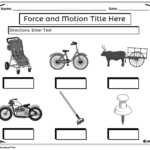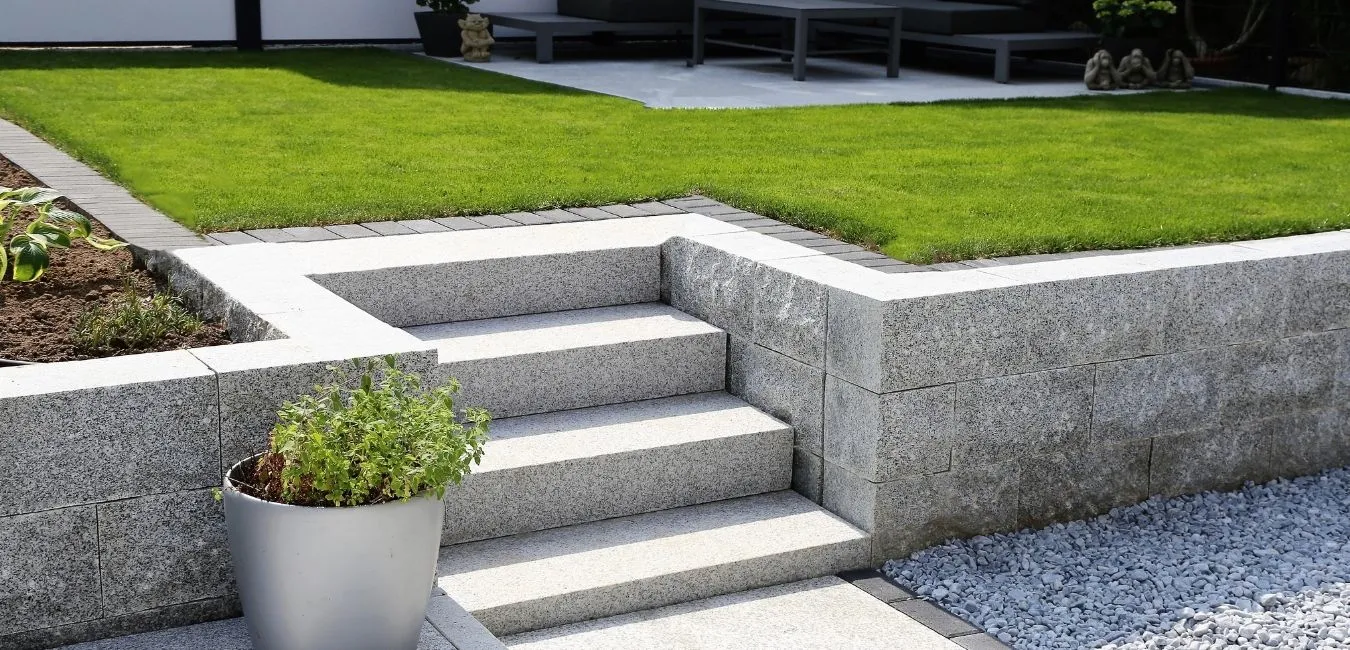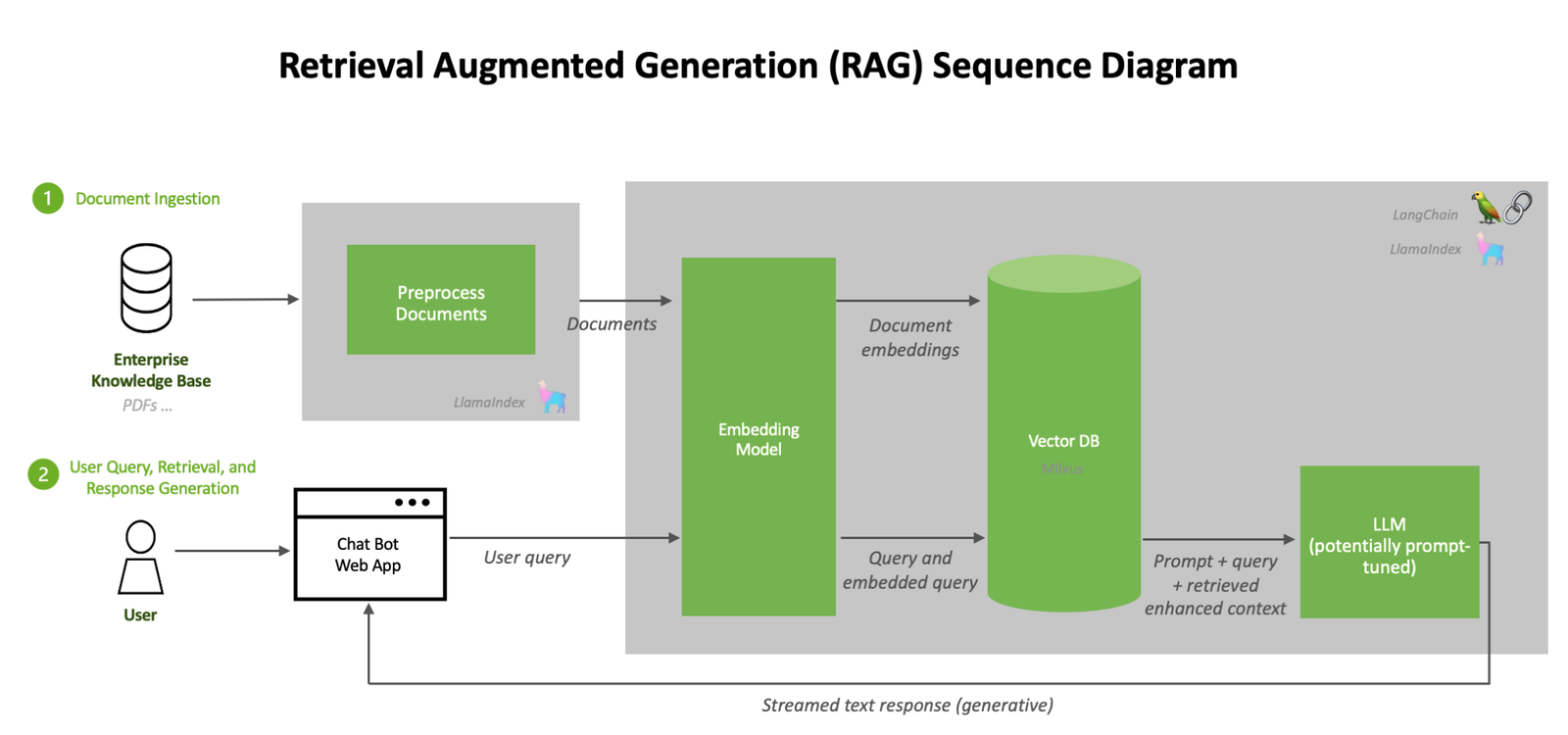Retaining walls are essential features for homeowners in Bend, Oregon, where the landscape is often characterized by sloped terrain, rocky soil, and the potential for erosion. These walls are designed to hold back soil and prevent landslides or shifting that could damage property. Retaining walls are not only practical but can also add aesthetic value to your outdoor space by transforming uneven yards into usable terraces. In Bend, with its distinct weather conditions and natural features, retaining walls serve a variety of purposes, from improving drainage to supporting garden beds. Whether you’re looking to add a retaining wall for safety, style, or both, it’s important to understand the various types and considerations before starting your project.
What is a Retaining Wall?
A retaining wall is a structure that holds back soil or rock from a desired area, often built on sloped land. The primary function of a retaining wall is to prevent erosion, manage water runoff, and stabilize the landscape. In Bend, where the landscape is marked by hillsides and changing elevation, retaining walls help maintain the integrity of the ground, preventing soil from shifting and causing damage to nearby structures. These walls are typically constructed from durable materials such as concrete, brick, stone, or interlocking blocks. Beyond their functional purpose, retaining walls can also enhance the beauty of your property by creating visually appealing outdoor spaces. Whether it’s to create level garden beds, support a driveway, or frame a beautiful view, retaining walls play a crucial role in landscaping.
Types of Retaining Walls
Gravity Walls
Gravity retaining walls rely on their mass to resist the pressure exerted by the soil behind them. These walls are typically made from heavy materials like stone or concrete. In Bend, where many properties have steep slopes, gravity walls are a reliable and commonly used option. Their weight and thickness help them stay in place without the need for additional reinforcement, making them ideal for areas with less access to heavy equipment. The downside is that they require a significant amount of space and are more suitable for shorter wall heights.
Cantilevered Walls
Cantilevered walls use a combination of a vertical stem and a base slab that extends beneath the ground, allowing them to resist lateral pressure. These walls are often used for taller structures and are more economical than gravity walls because they require less material. In Bend, these types of walls are useful when there’s a need for greater strength in areas with higher soil pressure or for holding back larger amounts of earth. However, they do require more technical design and construction expertise, so it’s essential to consult with a professional.
Sheet Piling Walls
Sheet piling walls are typically made from steel, vinyl, or timber, and they are driven deep into the ground to provide support against soil pressure. These walls are a good choice for properties where the soil is soft or where space is limited. They can also be useful for creating thin walls along waterfronts to prevent erosion. In Bend, sheet piling walls might be necessary in areas where there is a lot of moisture or groundwater that needs to be redirected. Their installation is faster compared to other types, but they may not be suitable for very high walls or extreme soil conditions.
Anchored Walls
Anchored retaining walls are supported by cables or rods anchored into the ground behind the wall. This additional reinforcement helps the wall resist greater pressure from the soil or rock. These walls are ideal for high retaining needs or where soil conditions are unstable, such as in areas with heavy clay or loose soil. In Bend, anchored walls can be an effective solution for sloped properties that require additional support, especially in areas prone to shifting or settling.
Segmental Retaining Walls
Segmental retaining walls are made from modular, interlocking blocks, which allow for flexibility in design and easy installation. They are a popular choice for residential properties in Bend due to their aesthetic appeal and ease of maintenance. These walls can be customized to fit various landscapes and offer a natural look while still providing solid support for retaining soil. Additionally, they allow for better drainage, which is crucial in Bend’s sometimes heavy rainfall and snowmelt conditions.
Why Build a Retaining Wall in Bend, Oregon?
Retaining walls serve several important purposes in Bend, Oregon, especially in areas with sloped or hilly properties. One of the main reasons to build a retaining wall is to prevent soil erosion. With the region’s varying weather, heavy rain can cause soil to wash away, especially on steep slopes. A retaining wall stabilizes the soil, keeping it in place and reducing the risk of erosion.
Another reason to build a retaining wall is for drainage control. In Bend, where snowmelt and rainfall can be significant, a retaining wall helps redirect water flow and prevents flooding or water pooling in unwanted areas. Additionally, retaining walls can enhance the look of your property by creating terraces, garden beds, or level areas for patios and walkways. This can add visual interest and even increase the overall value of your property.
Finally, retaining walls can help maximize usable space on sloped land. By leveling out sections of your yard, you can create additional areas for landscaping, outdoor living spaces, or even additional rooms like a basement. In a city like Bend, where land can be limited, making the most of every inch is vital, and retaining walls offer a practical and attractive solution.
Considerations Before Building a Retaining Wall
Before you start building a Retaining Wall Bend Oregon, there are several important factors to consider. First, check local building codes and regulations. In Bend, you may need a permit for constructing a retaining wall, especially if it exceeds a certain height or affects drainage in your neighborhood. It’s crucial to follow these regulations to avoid potential fines or complications.
Next, consider the materials you’ll use for your retaining wall. Different materials come with different price points, aesthetics, and durability. Concrete blocks and natural stone are both popular options in Bend, but other materials, such as wood or modular blocks, might suit your budget and design preferences better. Also, think about drainage. Proper drainage behind the wall is necessary to prevent water buildup, which can weaken the wall over time. Make sure to design a system that diverts water away from the wall.
Lastly, the topography of your land should influence the type of retaining wall you choose. Some slopes may require more support than others, and soil conditions can affect the kind of material and design you use. Always consult with a professional contractor to ensure that your wall is stable and suited to the land.
Cost of Building a Retaining Wall in Bend
The cost of building a retaining wall in Bend can vary greatly depending on the size of the wall, the materials used, and the complexity of the installation. On average, homeowners in Bend can expect to pay anywhere from $2,500 to $10,000 for a professionally installed retaining wall. Concrete blocks tend to be more affordable, while natural stone and other premium materials can increase the cost.
The size of the wall is one of the biggest factors in determining cost. Taller walls or longer walls require more materials and labor, which can add to the price. Additionally, if your property requires significant site preparation—such as clearing brush, leveling the land, or ensuring proper drainage—the cost will go up. Some homeowners choose to install retaining walls themselves to save money, but this requires expertise to ensure the wall is stable and secure. Hiring a professional contractor may be more expensive upfront but ensures that the wall will be built to last.
Retaining Wall Maintenance Tips
Retaining walls, like any other feature of your home, require regular maintenance to stay functional and beautiful. In Bend’s fluctuating weather, checking for cracks, settling, or shifting is important to avoid bigger issues down the road. Inspect your wall at least once a year and after any major storms to check for any damage. If you notice cracks, these should be repaired promptly to prevent further deterioration.
Proper drainage is also crucial to the longevity of your retaining wall. Blocked or inadequate drainage can lead to water buildup, which can weaken the wall over time. Ensure that gutters, downspouts, and drainage pipes are free of debris and direct water away from the wall.
Finally, maintain the aesthetic of your retaining wall by regularly cleaning it, especially if it is made from stone or brick. Remove weeds and moss that may grow between the blocks, as these can weaken the structure and affect its appearance. If your wall is made of wood, ensure that it is sealed or treated to prevent rot.
Hiring a Professional for Your Retaining Wall in Bend
While it’s possible to build a retaining wall yourself, it’s often a better idea to hire a professional contractor. A skilled contractor will have the experience and knowledge to design and build a wall that meets your needs while ensuring it is structurally sound. Retaining walls must withstand pressure from the soil and water, and improper construction can lead to significant damage.
When hiring a contractor, look for someone who has experience with retaining walls in Bend’s unique climate and topography. Ask for references, review their previous work, and make sure they are licensed and insured. A good contractor will help you choose the right materials, obtain the necessary permits, and address any site-specific concerns such as drainage or foundation issues.
It’s important to get multiple estimates and understand the scope of the project before committing to a contractor. Clear communication about budget, timeline, and expectations can ensure a successful project.
Conclusion
Retaining walls are an essential investment for homeowners in Bend, Oregon, offering both practical and aesthetic benefits. Whether you’re looking to stabilize a hillside, improve drainage, or create beautiful outdoor spaces, retaining walls provide a versatile solution. Be sure to choose the right type of wall, carefully plan the design, and consult with a professional to ensure your project meets local codes and stands the test of time.











